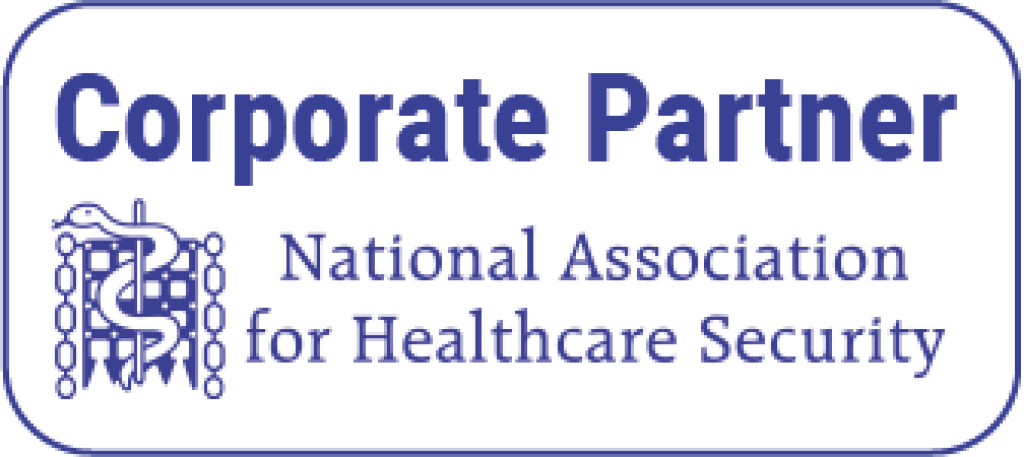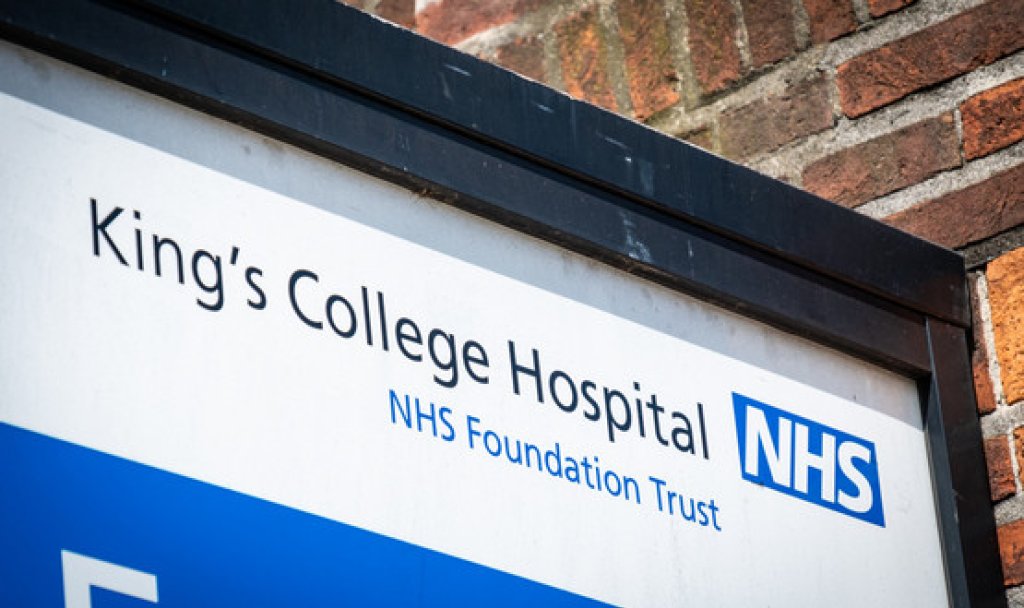Protect patient and staff privacy
Have AI recognise and redact personal information
Complete requests in hours instead of weeks











Fulfill police and insurance requests faster
Process each request on time. Protect staff and patient privacy. Stay compliant.
Deploy a fully on-premise solution
No data is transferred to or held by Facit
Works behind firewalls, fully on-premise
Updates are provided via link to prevent firewall breaches

Import any type of footage
CCTV footage, bodycams and mobile phones
Built-in screen recorder to import proprietary player footage
Audio recording import for additional context

Customise video redaction
Customisable blur shape and face blur area size
Automated full-screen, full-body or face blur modes
Adjustable footage speed, number of keyframes and degree of blur
Average processing time: 30 minutes
We’ve processed over 7,000 videos for our customers. On recommended hardware, it takes them 30 minutes or less to redact one video file.-
1
Import and trim footage
-
2
Set up redaction settings
-
3
Run autotracking
-
4
Review and export redacted footage
Find out how our healthcare customers complete requests for video footage while protecting their staff, customers and the public from privacy breaches
The Facit support team is proving to be a reliable and effective partner, to me and the Trust. The product does what it says it does and Facit continue to develop it after listening to our feedback. We are completely satisfied with our choice.
Download your 7-day free trial
Start redacting your first video in Identity Cloak in under 15 minutesNo credit card required. 7-day trial.
Video redaction for healthcare FAQ
With an increase in incidents, such as assaults on staff and patients, police need video footage redacted, and often quickly. Operators in healthcare need to be able to respond quickly to subject access requests and incidents, whilst protecting the privacy of those in the footage.
While different types of video redaction software may have different approaches, Identity Cloak uses AI technology. It recognises faces, bodies and licence plates, automatically tracks these objects, whether still or in motion, and adds a “blur” around the subject or subjects of interest.
With Identity Cloak, you can also select specific areas to protect privacy rights of your staff, patients and members of the public. The original file is left unchanged for data integrity and the new redacted footage is irreversible to ensure data security is upheld.
Identity Cloak quickly and easily redacts crowded waiting rooms which ensures privacy for patients, staff and members of the public.
The automated and manual redaction features also ensures sensitive areas, such as names above patients’ beds, are protected.
The software not only redacts traditional CCTV footage, but also video from other sources such as bodycams and mobile phones.

